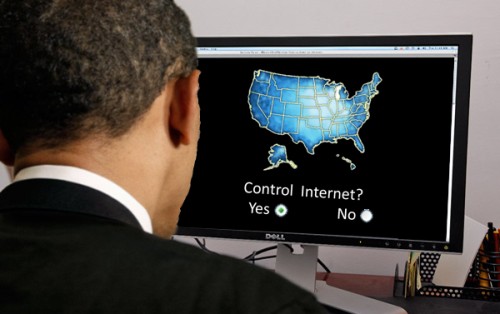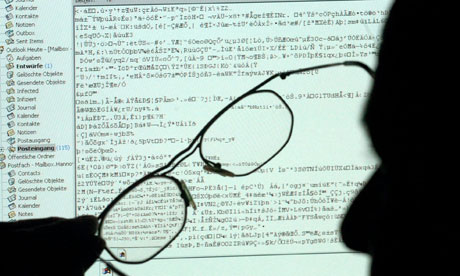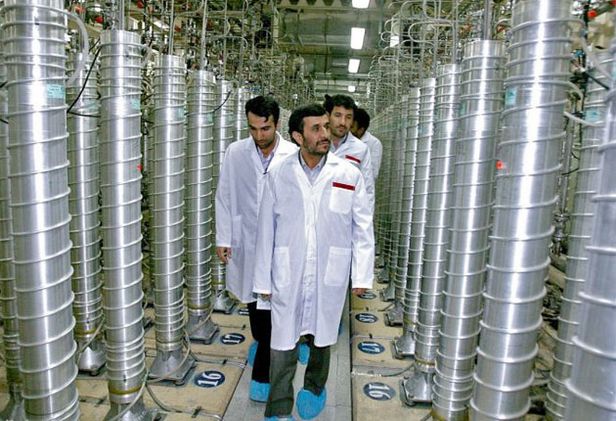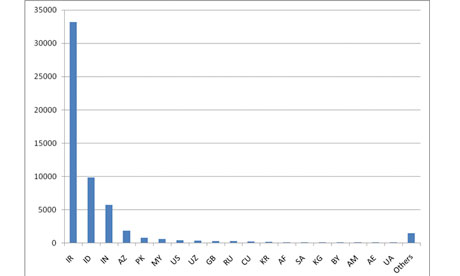Now China will be No.1 in HIGH-FREQUENCY TRADING!
See also: China Unveils World Speed Record Train Line
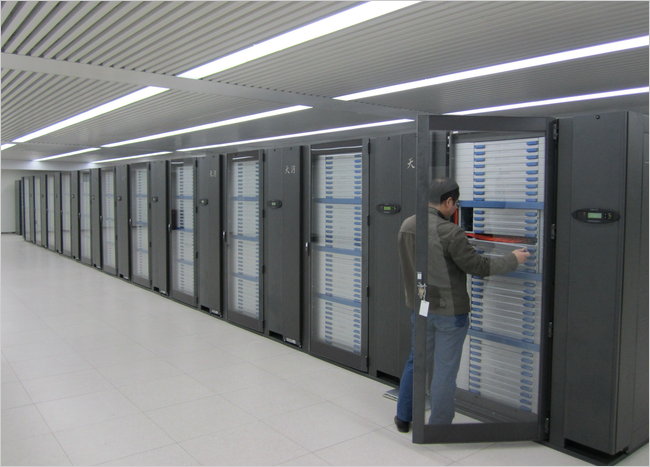
A Chinese scientific research center has built the fastest supercomputer ever made, replacing the United States as maker of the swiftest machine, and giving China bragging rights as a technology superpower.
The computer, known as Tianhe-1A, has 1.4 times the horsepower of the current top computer, which is at a national laboratory in Tennessee, as measured by the standard test used to gauge how well the systems handle mathematical calculations, said Jack Dongarra, a University of Tennessee computer scientist who maintains the official supercomputer rankings.
Although the official list of the top 500 fastest machines, which comes out every six months, is not due to be completed by Mr. Dongarra until next week, he said the Chinese computer “blows away the existing No. 1 machine.” He added, “We don’t close the books until Nov. 1, but I would say it is unlikely we will see a system that is faster.”
Officials from the Chinese research center, the National University of Defense Technology, are expected to reveal the computer’s performance on Thursday at a conference in Beijing. The center says it is “under the dual supervision of the Ministry of National Defense and the Ministry of Education.”
The race to build the fastest supercomputer has become a source of national pride as these machines are valued for their ability to solve problems critical to national interests in areas like defense, energy, finance and science. Supercomputing technology also finds its way into mainstream business; oil and gas companies use it to find reservoirs and Wall Street traders use it for superquick automated trades. Procter & Gamble even uses supercomputers to make sure that Pringles go into cans without breaking.
And typically, research centers with large supercomputers are magnets for top scientific talent, adding significance to the presence of the machines well beyond just cranking through calculations.
Over the last decade, the Chinese have steadily inched up in the rankings of supercomputers. Tianhe-1A stands as the culmination of billions of dollars in investment and scientific development, as China has gone from a computing afterthought to a world technology superpower.
“What is scary about this is that the U.S. dominance in high-performance computing is at risk,” said Wu-chun Feng , a supercomputing expert and professor at Virginia Polytechnic Institute and State University. “One could argue that this hits the foundation of our economic future.”
Modern supercomputers are built by combining thousands of small computer servers and using software to turn them into a single entity. In that sense, any organization with enough money and expertise can buy what amount to off-the-shelf components and create a fast machine.
Read moreChina Has Built The Fastest Supercomputer Ever Made, Wrests Title From US



